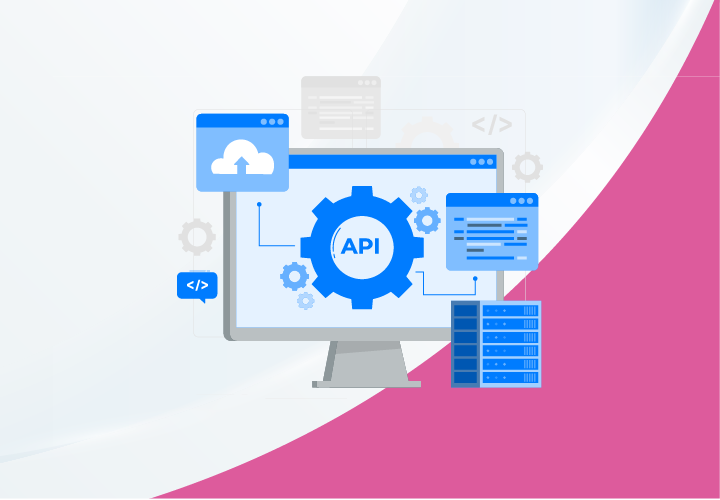About this course
Software Testing & Automation Internship Program: 6-Week Structured Learning and Experience
Introduction
Software Testing is a crucial phase in the Software Development Life Cycle (SDLC) that ensures software products are reliable, functional, and defect-free. This internship program offers comprehensive knowledge in both manual and automation testing, equipping participants with practical skills using tools like Selenium, Appium, and JIRA. The program is tailored for aspiring Quality Assurance (QA) engineers and software testers, aiming to bridge the gap between academic concepts and real-world applications.
Participants will gain hands-on experience in test case writing, bug reporting, automation scripting, and performance testing. The course culminates with an end-to-end test automation project that consolidates all acquired skills in a real-world testing scenario.
Program Highlights
Week 1: Fundamentals of Software Testing
· Introduction to Software Testing: Understand the role of testing in SDLC, types of defects, and cost implications.
· Manual Testing Fundamentals: Explore Smoke, Sanity, Regression, and other testing types with real-time scenarios.
· Test Case Writing Basics: Learn to design effective manual test cases for basic application functionalities.
Week 2: Bug Lifecycle & Automation Introduction
· Bug Life Cycle: Visualize the journey of a bug from detection to resolution with flowcharts and examples.
· Introduction to Automation Testing: Compare manual vs automation testing, understand when and why to automate.
· Selenium Basics: Environment setup and writing a basic script to automate a Google search.
Week 3: Selenium Automation Skills
· Element Locators in Selenium: Master element identification using ID, Name, XPath, and CSS Selectors.
· Automating Login Functionality: Automate login scenarios on demo websites using Selenium WebDriver.
· Introduction to Appium: Explore mobile test automation by launching apps on emulators using Appium.
Week 4: Unit and Integration Testing
· Unit Testing in Python/Java: Build a simple calculator and test all functions using unit testing frameworks.
· Integration Testing Scenario Design: Design test cases for checkout processes in e-commerce platforms.
Week 5: Performance Testing & Advanced Automation
· Performance Testing Overview: Research tools like JMeter and LoadRunner, and analyze their capabilities.
· Automating Form Submission: Write Selenium scripts to automate web form filling and submission.
· Defect Reporting using Bug Tracking Tools: Practice defect logging using tools like JIRA/Bugzilla.
Week 6: Final Project – End-to-End Test Automation
· Project Task: Automate a complete user workflow (e.g., registration → login → logout) on a sample web app.
· Deliverables: Submit source code, test cases, and a video/screenshot demonstrating the automation.
Expected Outcomes
By the end of this internship, participants will:
· Understand key software testing concepts and their importance in the SDLC.
· Gain proficiency in manual testing techniques, test case writing, and bug lifecycle management.
· Learn to automate web applications using Selenium WebDriver and mobile apps using Appium.
· Develop unit and integration test cases for various applications.
· Explore performance testing tools and understand test result analysis.
· Master defect reporting using industry-standard tools like JIRA.
· Complete an end-to-end automation project, showcasing their ability to apply learned skills in real-world scenarios.
· Build a portfolio of automation scripts, test cases, and reports for future career opportunities.
Comments (0)
To understand the importance of software testing in the Software Development Life Cycle (SDLC) and its impact on software quality, reliability, and user satisfaction.
To explore various manual testing techniques, their applications, and advantages/disadvantages in real-world testing scenarios.
To gain hands-on experience in writing structured and effective test cases for manual testing scenarios.
To understand the stages in the bug life cycle and practice defect reporting using standard formats.
To understand the fundamentals of automation testing, its benefits, and common tools used in industry.
To install and configure Selenium WebDriver and execute a basic browser automation script.
To learn and implement different element locators in Selenium for identifying web elements.
To automate user login functionality using Selenium and validate post-login actions.
To set up Appium and automate launching a mobile application.
To write unit tests for a basic application using a standard testing framework.
To design test cases for integration testing in a multi-module application.
To understand performance testing, its objectives, and tools used.
To automate form input and submission processes using Selenium.
To experience reporting defects using industry-standard bug tracking tools.
To apply learned skills to automate a complete user workflow in a web application.









